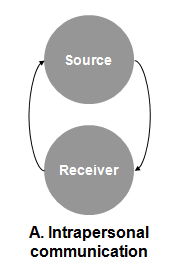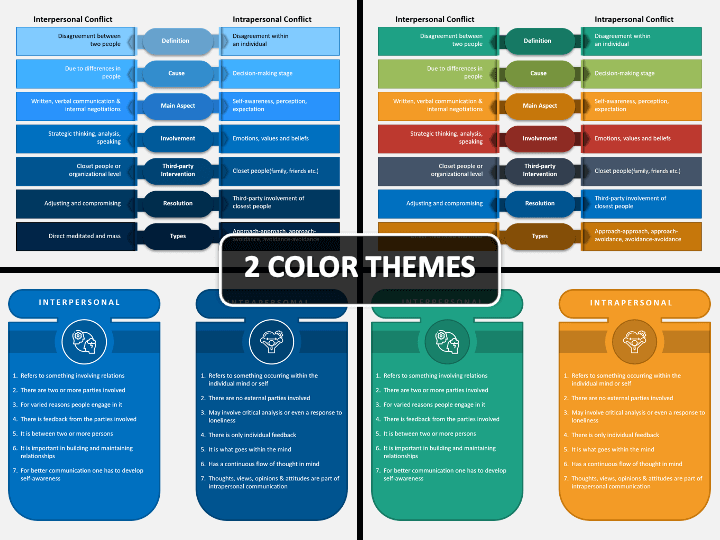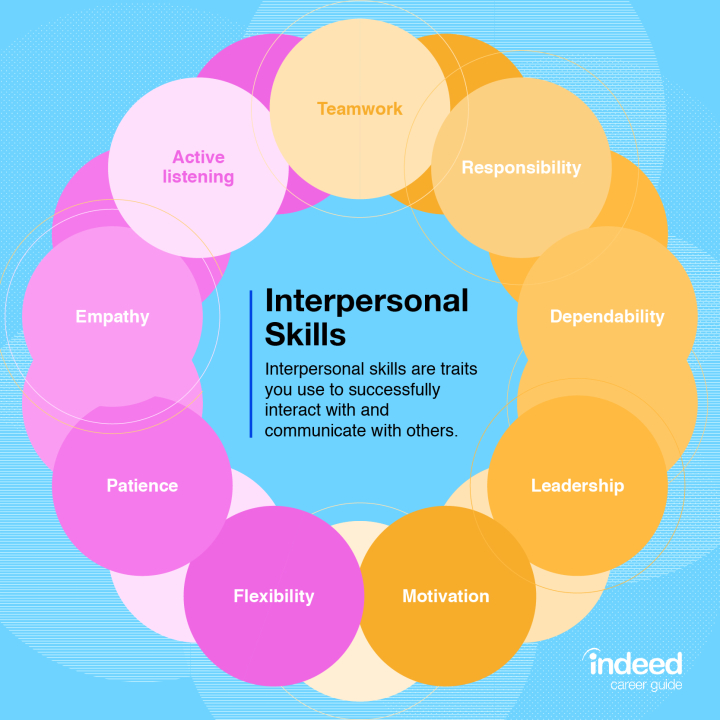Interpersonal communication skills are the skills we use to communicate and interact with other people. These skills involve the ability to communicate effectively with others, listen actively, and understand and interpret verbal and nonverbal cues. Interpersonal communication skills are important in all aspects of life, from personal relationships to professional settings.
Intrapersonal communication skills, on the other hand, are the skills we use to communicate and interact with ourselves. These skills involve self-awareness, self-regulation, and the ability to manage our own emotions and behaviors. Intrapersonal communication skills are important for developing a healthy sense of self and for understanding how our thoughts and emotions affect our actions and decisions.
Developing strong interpersonal and intrapersonal communication skills is essential for building and maintaining healthy relationships, achieving personal and professional goals, and leading a fulfilling life.
One of the key interpersonal communication skills is the ability to effectively communicate with others. This involves being able to clearly express our thoughts and ideas, as well as actively listening to and understanding the perspectives of others. It also involves being able to effectively manage conflict and navigate difficult conversations.
Effective listening is another important interpersonal communication skill. It involves paying attention to what is being said, asking clarifying questions, and providing verbal and nonverbal cues that show we are engaged in the conversation.
In addition to verbal communication, nonverbal cues such as body language, facial expressions, and eye contact also play a significant role in interpersonal communication. Being able to interpret and respond to these cues is essential for building trust and understanding in relationships.
Intrapersonal communication skills involve being able to understand and manage our own thoughts, emotions, and behaviors. This involves self-awareness, the ability to recognize and understand our own emotions and how they affect our actions. It also involves self-regulation, the ability to manage our emotions and behaviors in a healthy and appropriate way.
Developing strong intrapersonal communication skills can help us to better understand ourselves and our motivations, and to make more informed decisions about our lives. It can also help us to navigate difficult emotions and situations, and to communicate our needs and boundaries effectively to others.
In conclusion, both interpersonal and intrapersonal communication skills are essential for building and maintaining healthy relationships, achieving personal and professional goals, and leading a fulfilling life. Developing these skills requires effort and practice, but the benefits are well worth it.








